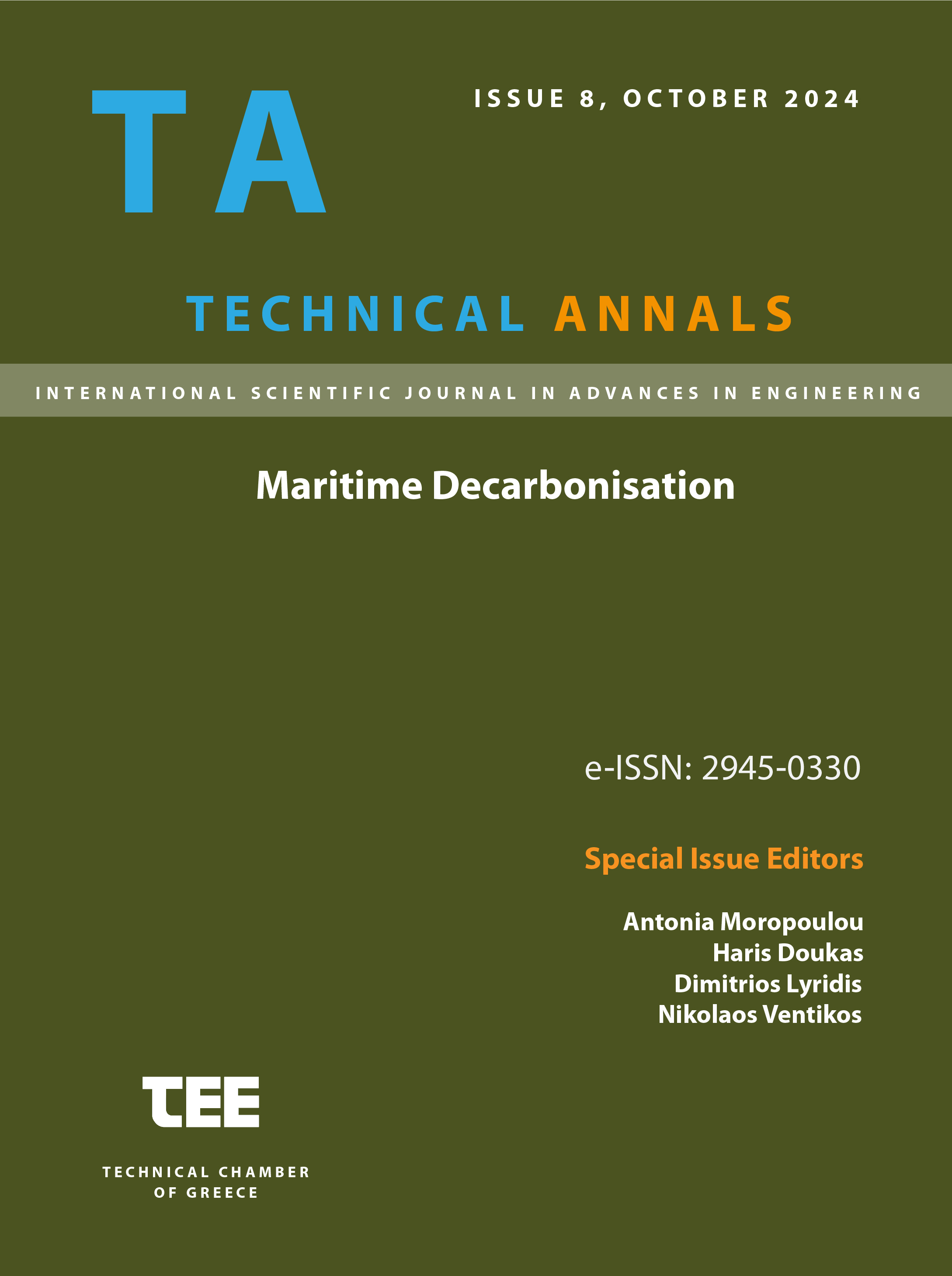EU Emissions Trading System (ETS): Towards zero carbon maritime transportation and Green Ports

Abstract
The European Union Emissions Trading System (EU ETS) is a cornerstone of EU climate policy, aiming to reduce greenhouse gas emissions from various sectors. This article examines the EU ETS with a focus on its potential application to maritime transport.I will analyse the EU "cap and trade" principle, discussing its effectiveness in reducing emissions across covered sectors. The case study of Greece demonstrates the challenges faced by Member States in implementing the EU ETS, particularly in the maritime sector.Our analysis reveals that while the EU ETS has shown significant emission reductions potential, challenges remain in maintaining market stability and optimizing allocation mechanisms. Future reforms aim to expand coverage, including shipping emissions, increase ambition, and potentially incorporate carbon removals.This article’s aim is to contribute to the ongoing debate on climate policy effectiveness by providing a comprehensive review of the EU ETS regulatory conditions and their implications for emission reductions efforts in the maritime sector.
Article Details
- How to Cite
-
Selimi, G. (2024). EU Emissions Trading System (ETS): Towards zero carbon maritime transportation and Green Ports. Technical Annals, 1(8). https://doi.org/10.12681/ta.40036
- Section
- Climate Change

This work is licensed under a Creative Commons Attribution-NonCommercial-ShareAlike 4.0 International License.


